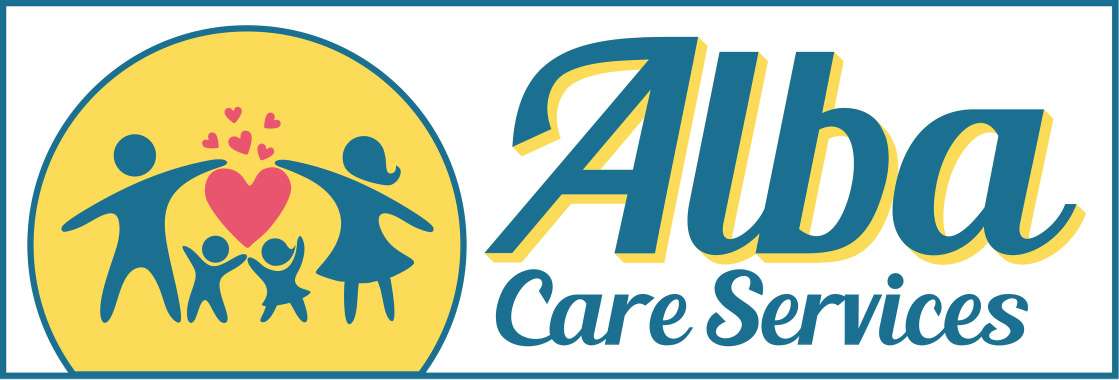The Foster Care Clothing Allowance is a program established by the State of California to help foster families with the costs associated with clothing for their foster children. This allowance is provided annually and covers all basic apparel needs including outerwear, shoes, and undergarments. In this article, we’ll discuss the eligibility criteria, application process, and benefits of Foster Care Clothing Allowance in California, as well as talk about some other programs that provide financial assistance or foster care funding that can help you too.
Foster Care Clothing Reimbursement Requirements
To be eligible for the Foster Care Clothing Allowance, a foster child must reside in California and be living with a licensed foster family. If these requirements are met, the foster parents must apply for the allowance to their county Child Welfare Agency (CWA). The CWA will review the application and determine the amount of clothing allowance, up to $300, that will be provided.
The CWA may provide additional aid beyond the standard $300 if a foster child has extenuating circumstances due to medical needs or special attire for religious services. In these cases, the CWA may approve an additional amount not to exceed $100 (the total reimbursement can never exceed $400).

The CWA may also provide an additional amount for the cost of uniforms if a foster child is enrolled in school or will be participating in extracurricular activities that require specialized clothing. This allowance is limited to $50 per year and must be approved by the CWA.
The Application Process
To apply for the Foster Care Clothing Allowance, foster parents must contact their county CWA. The CWA will provide an application and instructions on how to submit it. The application packet should include a completed form, proof of clothing costs (e.g., receipts), and evidence of residence in California for the foster child.
Benefits of Clothing Reimbursement For Foster Children
As a foster parent, you know the financial investment that comes with caring for your dependent children. Foster Care Clothing Allowances help alleviate some of the costs associated with providing proper clothing and footwear for your foster children. Additionally, it also gives foster parents a sense of assurance that their foster children are dressed appropriately and have access to necessary items that may otherwise be out of reach financially.

Other Assistance For Foster Care Families
In addition to the Foster Care Clothing Allowance, there are other programs and financial assistance available to foster families in California. These include, but are not limited to:
- County Emergency Assistance Funds (CEAF): This program provides emergency funds for urgent needs such as housing, food, and medical expenses.
- State Adoption Assistance Program (SAAP): This program provides monthly payments to reimburse adoptive families for costs associated with adoption
- Supportive Services for Foster Care Families (SSFF): This program helps foster families cover the cost of activities that promote their children’s development such as tutoring, counseling, and summer camps.
- California Service Practices Partnership (CSPP): This program helps foster families with legal services and other resources related to their child’s well-being.

5. Educational Travel Reimbursement: This program helps cover the cost of educational and recreational travel expenses for foster children.
6. Emergency Caregiver Funding (ECF): this is another program that provides financial assistance to caregivers of children in foster care. The assistance is used to cover costs associated with the child’s well-being, such as medical or therapy appointments, clothing, and more.
Emergency Caregiver Funding (ECF): this is another program that provides financial assistance to caregivers of children in foster care. The assistance is used to cover costs associated with the child’s well-being, such as medical or therapy appointments, clothing, and more.
Frequently Asked Questions
What is the specialized care increment?
The Specialized Care Increment is an additional amount that can be approved by the CWA in cases where a foster child has special circumstances due to medical, educational, or religious needs. This increment may not exceed $100 and must be requested with receipts for approval.
What benefits do foster parents get in California?
Foster parenting in California is a big responsibility, and there are many benefits that come with it. These include access to financial assistance programs like the Foster Care Clothing Allowance, CEAFs, SAAPs, SSFFs, CSPPs, and more. Additionally, foster parents may be eligible for tax credits or other forms of relief such as subsidized housing or food stamps.
What is the monthly stipend for foster care in California?
The amount of the monthly foster care stipend varies from county to county and is dependent upon a variety of factors, including the age of the child being fostered and their individual needs. Generally, in California, foster parents can expect to receive anywhere from $600-$9,000+ per month depending on the number of foster youth in their care.
What is the clothing allowance for foster parents?
The Foster Care Clothing Allowance provides up to $200 per year per child to cover necessary clothing and footwear expenses. To qualify, you must complete a request form with receipts and submit it to your local CWA office for approval. Once approved, you will receive a check or direct deposit of the amount approved.
Are there other resources available to foster parents in California?
Yes, there are many other resources for foster families in California. For instance, there are programs for emergency funds, adoption assistance, supportive services, educational travel reimbursement, and more. Additionally, some local organizations may provide additional support through mentoring programs, counseling services, and other resources. Be sure to contact your local CWA or foster family agency to learn more about the available resources in your area.
Do foster parents get food stamps in California?
Yes, foster parents may be eligible for food stamps if they meet certain income eligibility requirements. Additionally, other programs that provide financial assistance such as CEAFs and SSFFs also offer resources to help cover the cost of food expenses.
Are there tax credits available for foster families in California?
Yes, Foster families are eligible for several tax credits in California. Some of these include the Dependent Care Credit, the Adoption Tax Credit, and the Child Tax Credit. Be sure to contact a qualified tax professional or the Internal Revenue Service (IRS) for more information on specific requirements and limits that may apply.
Legal Disclaimer
This information reflects the current laws governing foster care in California, at the time of writing this, and should not be used as a substitute for legal advice from an attorney. If you have any questions about foster care funding, it is best to consult a qualified lawyer or social worker. Alba Care Services does not provide legal advice and is not liable for any actions taken based on the information provided in this article.



